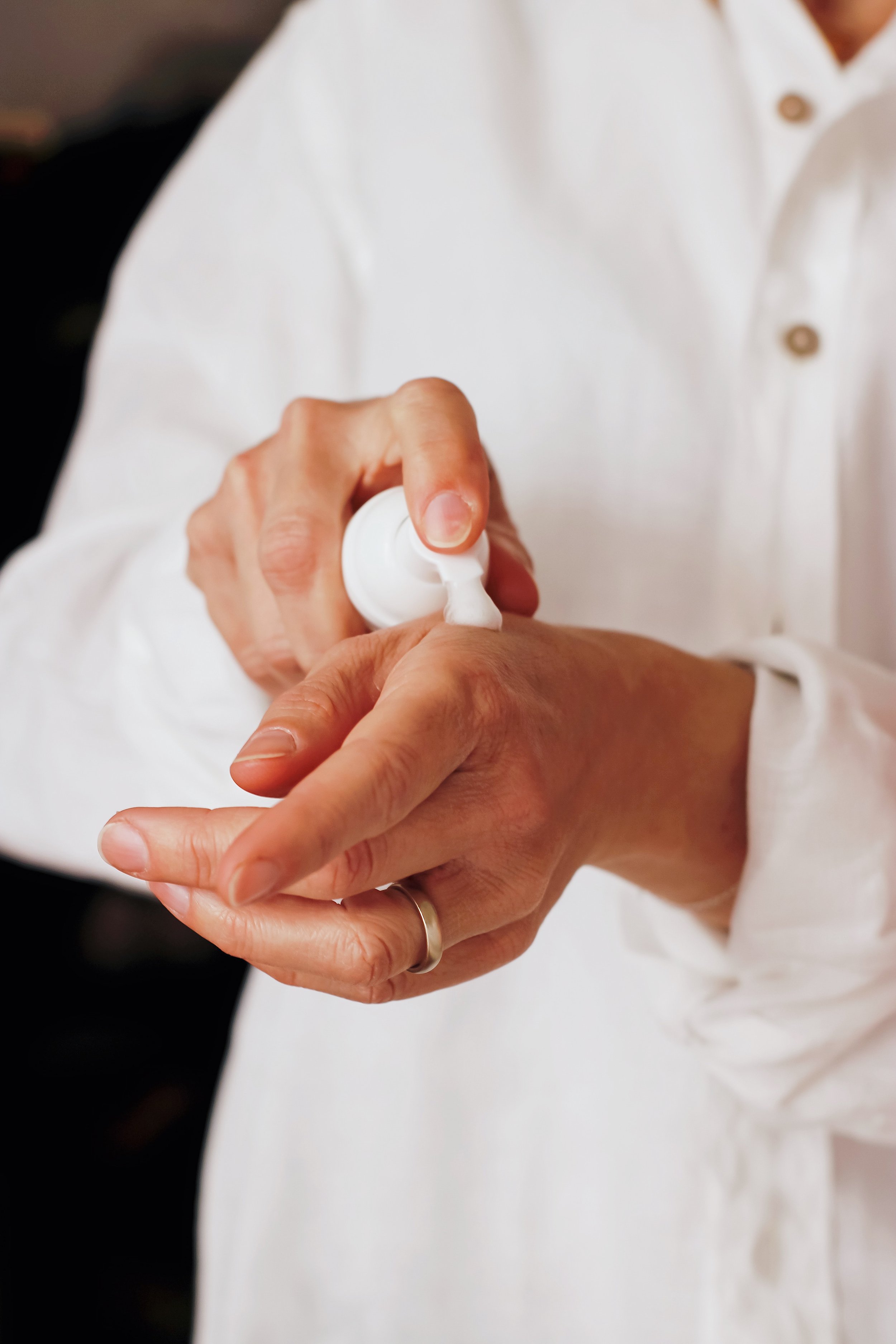Hormone BalanceWHAT ARE BIO-IDENTICAL HORMONES?
Bio-identical hormones are designed to have the same molecular structure as the hormones naturally produced by the human body. They are, therefore, absorbed and optimally utilized by our tissues. Synthetic hormones, on the other hand, are artificially manufactured and, while they may resemble natural hormones, they are not chemically identical.
Synthetic hormones differ chemically from those produced naturally by the body, leading to distinct metabolic effects and risks, such as blood clots and some cancers. Because they do not molecularly match our cells, they cannot be absorbed to do their function, but instead are dumped into the tissues and do damage.
WHAT ARE HORMONES AND WHAT ARE THE FUNCTIONS OF HORMONES?
Hormones are chemical messengers produced by endocrine glands (pituitary, adrenals, thyroid, and pancreas, to name a few) that travel through the bloodstream to influence various functions in the body. They regulate a wide range of functions, including your nervous system, neurological system, adrenal regulation, your cardiovascular health, growth, development, metabolism, and reproduction, as an example of some of the functions.
Estrogen has a role in controlling so many systems in your body. Not only your fertility and menstrual cycle but also your breast and bone health and the integrity and lubrication of your tissues, your collagen and skin health. It helps regulate your insulin levels, your metabolism, your fat metabolism, and your cholesterol, as well as your energy and your sleep. Estrogen has a significant role in your moods and cognitive function on your bone health, cognitive function, your moods and mental health.
Progesterone functions, regulates the menstrual cycle, thickens the uterine lining for implantation to support pregnancy, and regulates menstrual bleeding. It supports thyroid, bone growth, and supports moods by producing GABA, a neurotransmitter to help calm your nervous system and reduce anxiety, moods, and sleep.
DHEA (Dehydroepiandrosterone) precursor to androgens (like testosterone) and estrogens (like estradiol) in both men and women. DHEA is produced in the adrenal gland and can increase bone density and muscle strength. It has a role in Skin hydration and anti-aging, mood boosting and energy, as well as libido and sexual function. DHEA is also brain protective.DHEA protects the brain by reducing glutamate-induced excitation and myelin loss.
Testosterone affects bone density, muscle mass, fat distribution, red blood cell production, cardiac health, and sex drive.
WHAT SYMPTOMS MAY OCCUR WHEN YOUR HORMONES ARE IMBALANCED?
Low estrogen levels can manifest in a variety of symptoms, including irregular or missed periods, hot flashes, night sweats, mood swings, fatigue, and vaginal dryness. Other symptoms may include breast tenderness, headaches, difficulty concentrating, and even weight gain.
High estrogen/Estrogen dominance, a condition where estrogen levels are higher than progesterone levels, can manifest as symptoms of weight gain, especially around the abdomen, irregular periods, heavy or light periods, increased premenstrual symptoms (PMS), and fatigue. breast tenderness, fibrocystic breast changes, and fibroids. Other symptoms may include mood swings, irritability, and a decrease in libido
Low progesterone levels can manifest in various symptoms, particularly affecting menstrual cycles, including irregular or heavy periods, difficulty conceiving. It can cause mood swings, anxiety, depression, insomnia, headaches, fatigue, low libido, weight gain, and bloating.
High progesterone levels can mimic low testosterone or estrogen (this is why you want to test your hormones), including fatigue, bloating, breast tenderness, mood changes, increased appetite, acne, water retention, changes in libido, and menstrual irregularities.
Low DHEA levels can manifest like other conditions like adrenal insufficiency or aging. Common signs include fatigue, loss of strength and muscle mass, anxiety, depression, aching joints, reduced mental function, decreased sex drive, increased risk of heart disease, and osteoporosis.
High levels of DHEA, because DHEA is a precursor to both testosterone and estrogen, high levels lead to androgen excess, including excessive hair growth (hirsutism), acne, irregular or missed menstrual periods, and a deepening of the voice.
Low testosterone in women can manifest in various symptoms, including fatigue, reduced sex drive, and changes in mood, hair, and body composition.
High testosterone levels in women, also known as hyperandrogenism, include excessive hair growth, acne, irregular or absent periods, and deepening of the voice. Other potential symptoms include increased muscle mass, reduced breast size, and mood changes.
WHAT WILL CAUSE A DEPLETION/DISRUPTION OF YOUR HORMONES?
Aging, Certain foods, Environmental chemicals in the air and our food and soil supply, xenoestrogens in plastics, Cosmetics, personal care products, medications, and stress can act to disrupt our hormonal balance either by intercepting the production or blocking receptors for absorption. Aging is one cause. As we get older, there are a finite number of eggs, and as they diminish, so do your estrogen levels.
Other disruptions include your food, for example: Meat and dairy: Conventional meat and dairy products may contain residual hormones administered to livestock.
Xenoestrogens stored in fat cells affect not only estrogen, but progesterone and testosterone. They are found in plastic containers and in many cosmetics and personal care products(shampoos, lotions, fragrances containing phthalates and parabens). Pesticides and herbicides used in conventional agriculture and environmental industrial pollutants are found in the water, soil, or air. These chemicals disrupt the absorption(by binding receptors) and production of Estrogen and are cancer-causing.
Stress is a huge disruptor and dis-regulator of hormone balance because, under stress, Cortisol is produced from the adrenals and it blocks the production of estrogen and progesterone.
SO, HOW DO YOU HEAL?
The first step to seeing if you have an imbalance is to have a Naturopathic Doctor test your hormones to make sure the symptoms you have are actually due to a hormone imbalance and not other factors.
To find out what to test and how you can help your hormonal imbalance through lifestyle changes, food you consume, Supplements, herbal medicine, or bio-identical hormones, click on the paid video links below for Dr. Lynn’s treatment protocols.
